Menu

Being a mom-to-be is a mix of excitement and discomfort. Itching is common in areas like the hands, feet, and belly. While some itching is normal, knowing when it might be a sign of something more serious is crucial. This article discusses why it happens and practical steps to relieve itching during pregnancy.
There are several reasons why you might itch while pregnant. This might include:
During pregnancy, your body undergoes substantial hormonal changes, notably an elevation in estrogen levels. This hormone surge plays a crucial role in supporting the growing baby’s development. However, these hormonal shifts can also influence the skin, making it more sensitive to itching. The increased estrogen can alter the skin’s composition and moisture balance, contributing to heightened sensitivity and the potential for itching sensations.
The stretching of your skin during pregnancy is a natural result of your baby’s growth. As your belly expands, the skin undergoes significant stretching, particularly in areas where the skin is under tension. This stretching can lead to dryness and irritation, triggering itching sensations.
The hormonal fluctuations in pregnancy, particularly the increase in estrogen, can lead to dryness, resulting in itchy and flaky skin. These hormonal changes impact the skin’s ability to retain moisture, causing a reduction in natural oils. As a result, your skin may become more prone to dryness, which can manifest as itchiness and flakiness.
Certainly. Certain fabrics and perfumes can contribute to skin irritation during pregnancy. Fabrics, especially rough or not breathable, may cause friction and discomfort against your sensitive skin. Additionally, some perfumes or chemicals in fabrics can be irritating and cause your skin to itch.
Intrahepatic Cholestasis of Pregnancy (ICP) is a liver disorder specific to pregnancy. It occurs when the normal flow of bile is impaired, leading to a buildup of bile acids in the bloodstream. This condition typically manifests in the third trimester and is characterized by intense itching, especially on the hands and feet. ICP is associated with an increased risk of complications for both you and your baby.
Pemphigoid gestationis is a rare autoimmune skin disorder during pregnancy. It is also known as gestational pemphigoid or herpes gestationis, although unrelated to the herpes virus. This condition causes itchy, blistering rashes that typically start in the abdomen and can spread to other body parts.
Pemphigoid Gestationis is caused by an immune system response that produces antibodies attacking the skin’s basement membrane, resulting in blister formation. While the exact cause is not fully understood, it is considered an autoimmune condition. Management often involves medication to control symptoms, including corticosteroids or other immunosuppressive drugs.
Pruritic Urticarial Papules and Plaques of Pregnancy (PUPPP) is a skin condition that can develop during pregnancy. It is characterized by itchy red bumps and hives that typically start in the stretch marks on the abdomen and can then spread to other parts of the body.
While the exact cause of PUPPP is not well understood, it is believed to be related to the stretching of the skin, hormonal changes, and immune responses during pregnancy. PUPPP is more common in first pregnancies and occurs during the third trimester.
Prurigo of Pregnancy is a dermatological condition characterized by the development of itchy, small, and intensely red bumps on the skin. This condition typically occurs during pregnancy, most commonly in the second and third trimesters. The exact cause of Prurigo of Pregnancy is not fully understood, but hormonal changes and increased sensitivity of the skin during pregnancy are believed to play a role.
Atopic Eruption of Pregnancy” refers to itchy rashes that can occur while pregnant. These rashes are often linked to allergies like eczema, asthma, or hay fever. They usually cause dry skin and can look like rough, red patches on your face, neck and in skin creases. The rash might also be bumpy and spread over larger areas.
During pregnancy, your body undergoes substantial hormonal changes, notably an elevation in estrogen levels. This hormone surge plays a crucial role in supporting the growing baby’s development. However, these hormonal shifts can also influence the skin, making it more sensitive to itching. The increased estrogen can alter the skin’s composition and moisture balance, contributing to heightened sensitivity and the potential for itching sensations.
The stretching of your skin during pregnancy is a natural result of your baby’s growth. As your belly expands, the skin undergoes significant stretching, particularly in areas where the skin is under tension. This stretching can lead to dryness and irritation, triggering itching sensations.
The hormonal fluctuations in pregnancy, particularly the increase in estrogen, can lead to dryness, resulting in itchy and flaky skin. These hormonal changes impact the skin’s ability to retain moisture, causing a reduction in natural oils. As a result, your skin may become more prone to dryness, which can manifest as itchiness and flakiness.
Certainly. Certain fabrics and perfumes can contribute to skin irritation during pregnancy. Fabrics, especially rough or not breathable, may cause friction and discomfort against your sensitive skin. Additionally, some perfumes or chemicals in fabrics can be irritating and cause your skin to itch.
Intrahepatic Cholestasis of Pregnancy (ICP) is a liver disorder specific to pregnancy. It occurs when the normal flow of bile is impaired, leading to a buildup of bile acids in the bloodstream. This condition typically manifests in the third trimester and is characterized by intense itching, especially on the hands and feet. ICP is associated with an increased risk of complications for both you and your baby.
Pemphigoid gestationis is a rare autoimmune skin disorder during pregnancy. It is also known as gestational pemphigoid or herpes gestationis, although unrelated to the herpes virus. This condition causes itchy, blistering rashes that typically start in the abdomen and can spread to other body parts.
Pemphigoid Gestationis is caused by an immune system response that produces antibodies attacking the skin’s basement membrane, resulting in blister formation. While the exact cause is not fully understood, it is considered an autoimmune condition. Management often involves medication to control symptoms, including corticosteroids or other immunosuppressive drugs.
Pruritic Urticarial Papules and Plaques of Pregnancy (PUPPP) is a skin condition that can develop during pregnancy. It is characterized by itchy red bumps and hives that typically start in the stretch marks on the abdomen and can then spread to other parts of the body.
While the exact cause of PUPPP is not well understood, it is believed to be related to the stretching of the skin, hormonal changes, and immune responses during pregnancy. PUPPP is more common in first pregnancies and occurs during the third trimester.
Prurigo of Pregnancy is a dermatological condition characterized by the development of itchy, small, and intensely red bumps on the skin. This condition typically occurs during pregnancy, most commonly in the second and third trimesters. The exact cause of Prurigo of Pregnancy is not fully understood, but hormonal changes and increased sensitivity of the skin during pregnancy are believed to play a role.
Atopic Eruption of Pregnancy” refers to itchy rashes that can occur while pregnant. These rashes are often linked to allergies like eczema, asthma, or hay fever. They usually cause dry skin and can look like rough, red patches on your face, neck and in skin creases. The rash might also be bumpy and spread over larger areas.
While complete prevention of itchy skin may not be possible, these suggestions could help prevent itching during pregnancy:
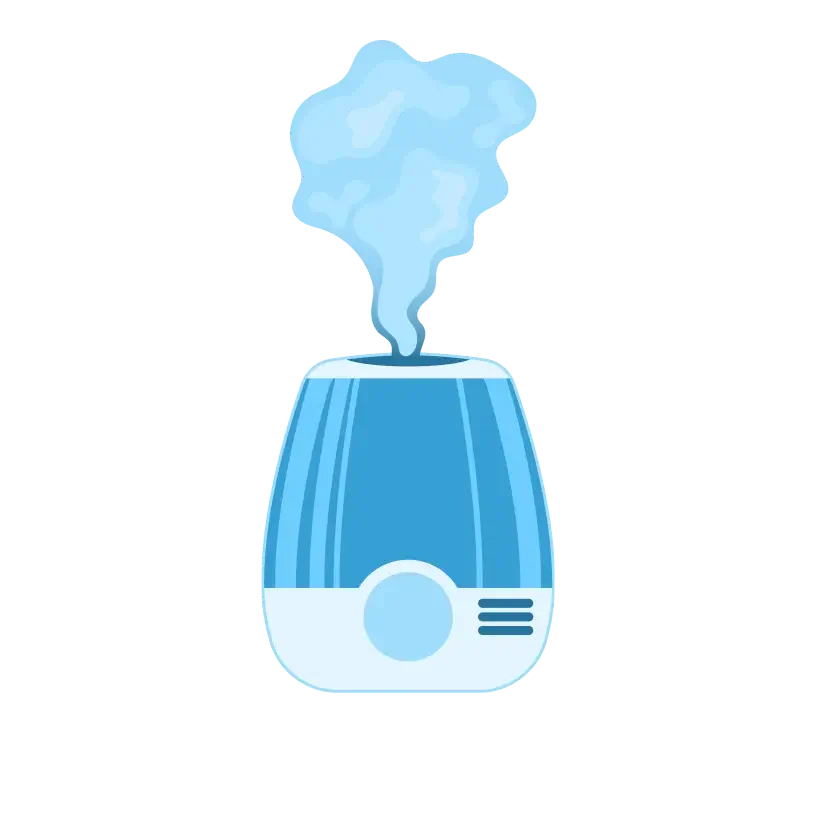
Using a humidifier in your bedroom is a practical step to reintroduce moisture into the air, benefiting your skin. Especially during pregnancy, when hormonal changes can impact skin hydration, the humidifier helps combat dryness. By maintaining optimal humidity levels, the device prevents the air in your bedroom from becoming excessively dry, reducing the likelihood of your skin becoming dry and itchy.
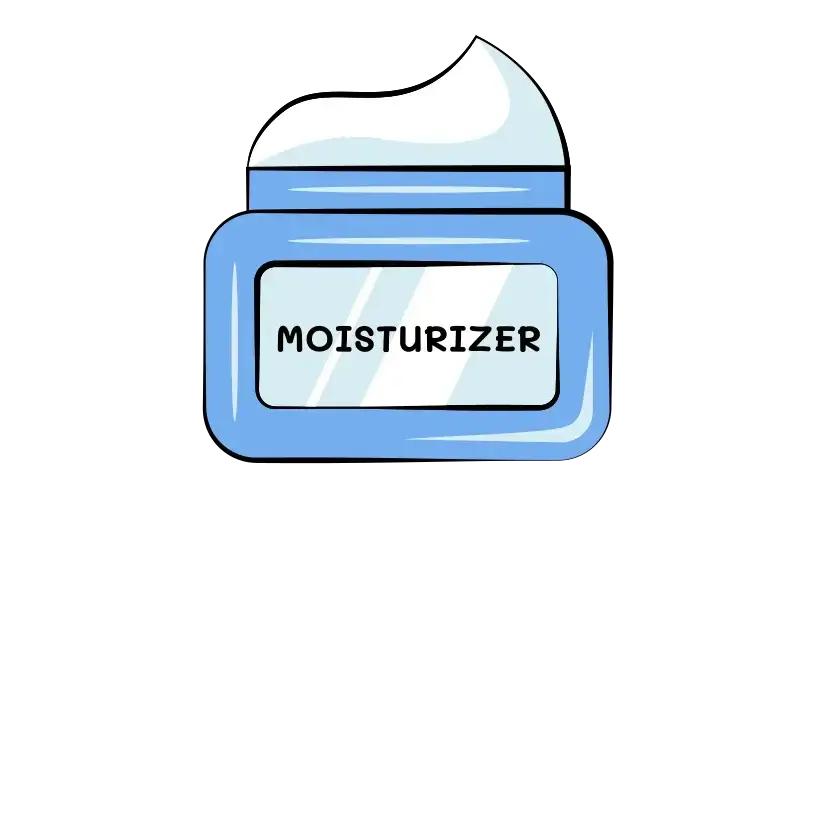
Moisturizing is key to preventing and alleviating itchy skin during pregnancy. After your shower or bath, generously apply fragrance-free lotion or cream. Keeping the lotion in the fridge adds a refreshing element to the moisturizing routine, offering a cooling sensation that can be particularly soothing for your skin.
This helps lock in moisture and provides a comforting experience, addressing dryness and minimizing the potential for itching, especially in areas prone to tension or stretching.
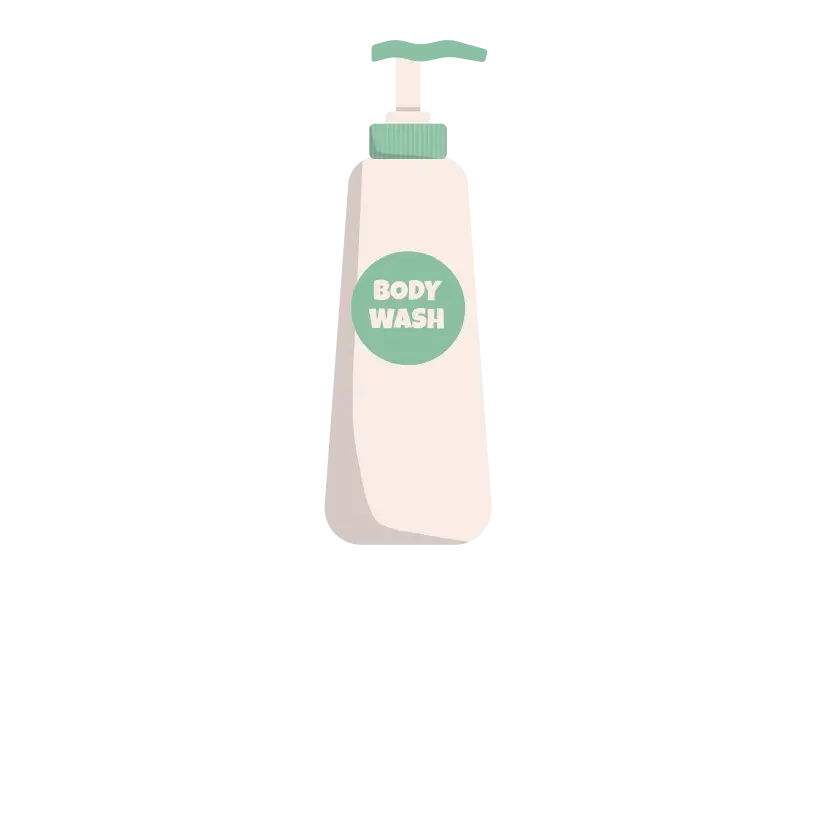
Opt for gentle cleansers during pregnancy, preferably soap- and fragrance-free ones. These formulations are milder on your skin, reducing the likelihood of irritation. Soap-free cleansers maintain the skin’s natural moisture balance, while fragrance-free options minimize the risk of triggering sensitivities or allergic reactions.
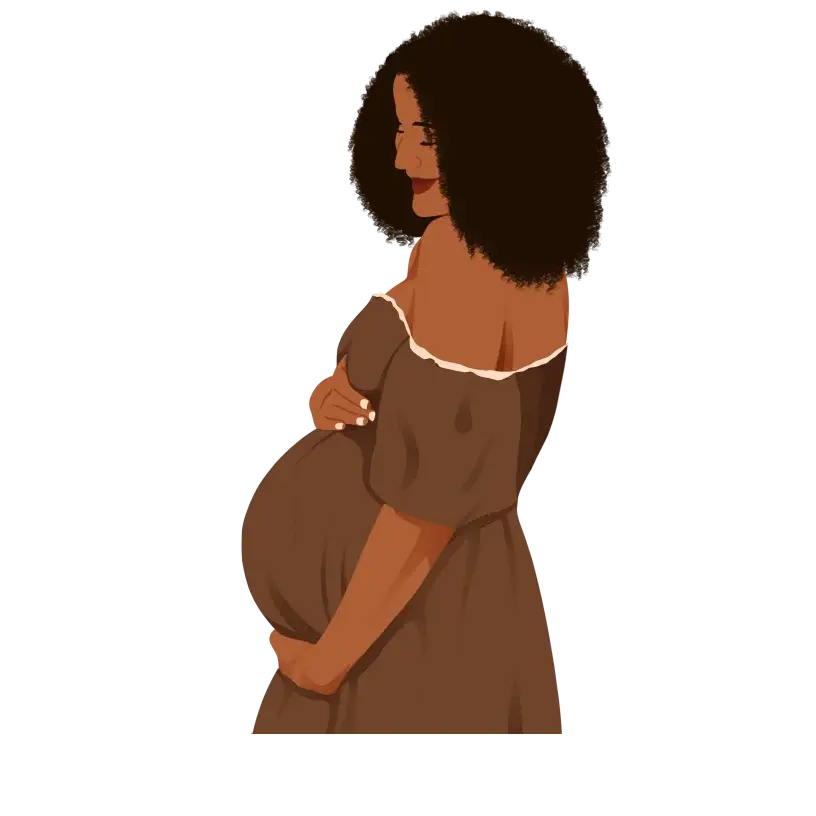
Opt for comfortable clothing during pregnancy, especially loose-fitting garments made of cotton. Cotton fabric is gentle on the skin and helps prevent irritation, offering a breathable and soft texture. The loose fit reduces friction against your skin, minimizing the risk of itching.
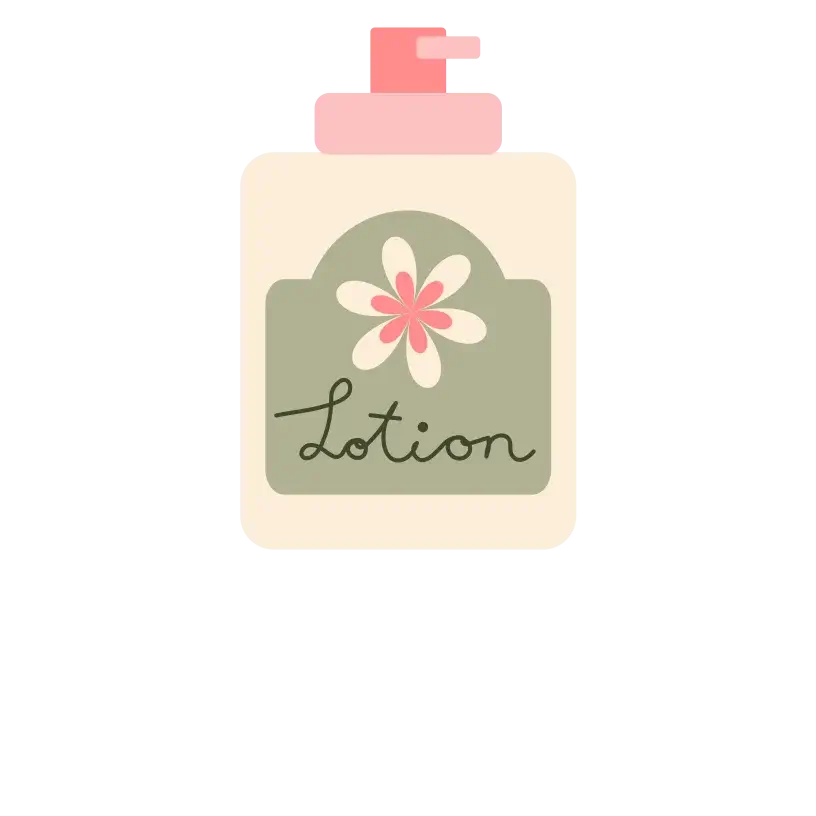
Calamine lotion can also help with itchy skin during pregnancy. When you apply it, the lotion has a cooling effect that can relieve itching discomfort. It contains ingredients like zinc oxide, which has mild anti-inflammatory properties.
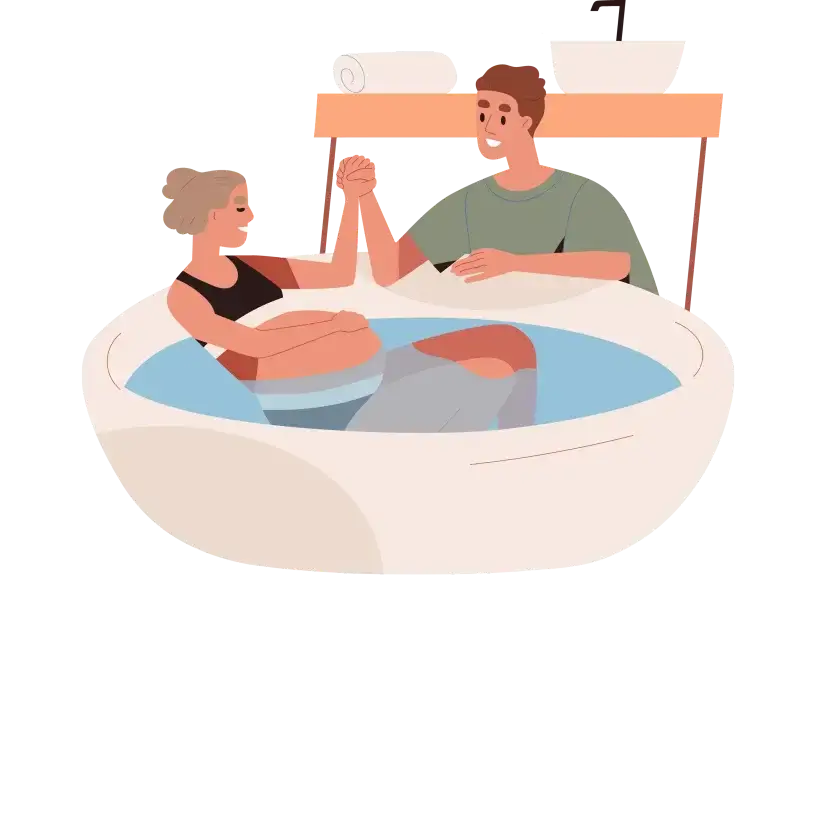
Opt for lukewarm or cold water instead of hot, as hot water can potentially irritate your skin. Shorter, cooler showers are gentler on your skin, helping to retain its natural oils and moisture. This practice can contribute to minimizing the risk of skin dryness and irritation, ultimately reducing the likelihood of itching during pregnancy.

To ease itchy skin during pregnancy, try taking an oatmeal bath or using a yoghurt skin treatment. Both can have soothing effects. Some people find relief from PUPPP by using pine tar soap, a common home remedy known for its potential to reduce itching.
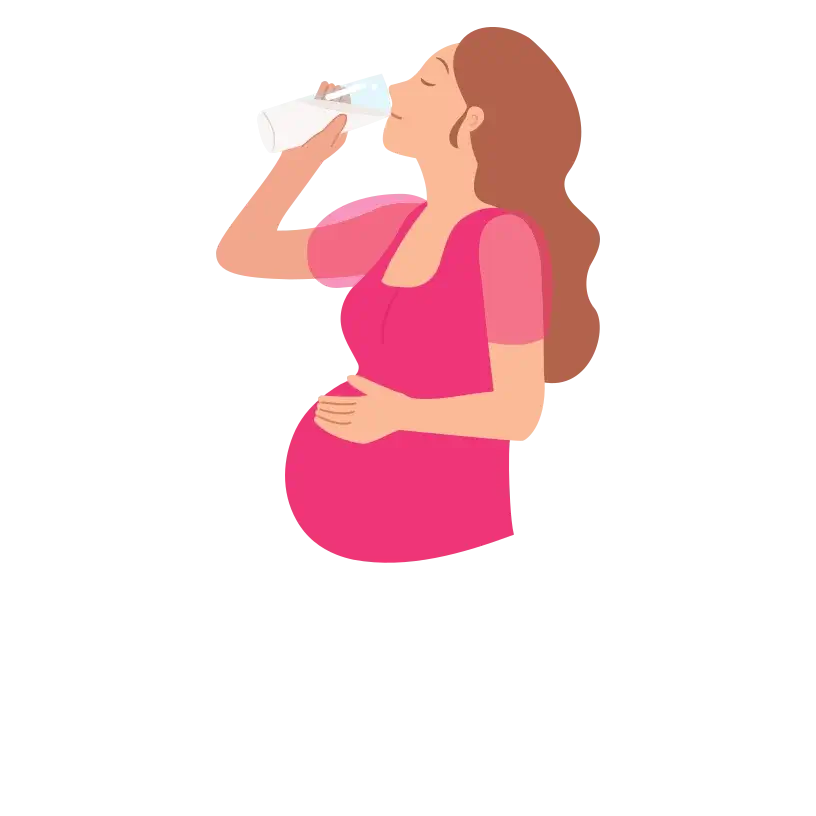
Drink more water during pregnancy to stay hydrated. Also, consider adding electrolytes to your hydration routine. Coconut or electrolyte water can help your body make the most of your drinking water. This is important for overall well-being, including skin health, and can be particularly beneficial in reducing the likelihood of itching during pregnancy.

Add an ice pack or a cool, wet compress on the affected areas for about five to ten minutes or until the itch diminishes. The cold helps soothe the skin and temporarily relieve the discomfort associated with itching. However, avoid direct contact with ice on your skin; wrap the ice pack or compress it in a thin cloth to prevent frostbite or irritation.

To soothe itching, add cornstarch to your bathwater. Some people find relief from itching by using this natural remedy. Simply sprinkle cornstarch into your bath.
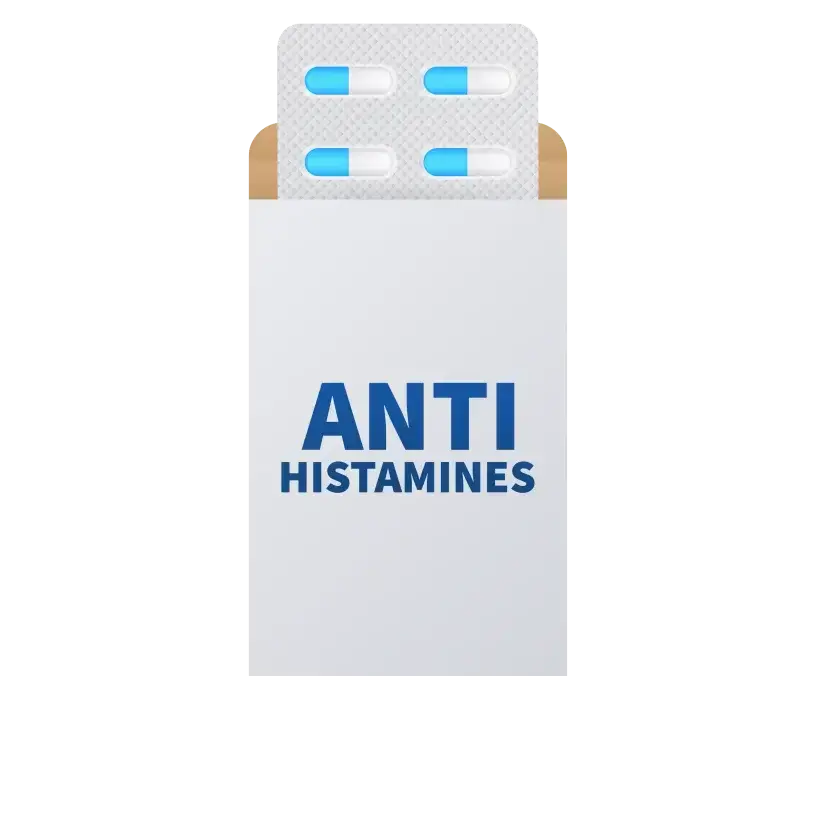
Try an antihistamine, such as cetirizine, to alleviate itching during pregnancy. Consult with your pharmacist to identify antihistamines deemed safe for use during pregnancy. It’s important to obtain professional advice to ensure the chosen antihistamine suits your situation and won’t pose risks to you or your baby.

Using a humidifier in your bedroom is a practical step to reintroduce moisture into the air, benefiting your skin. Especially during pregnancy, when hormonal changes can impact skin hydration, the humidifier helps combat dryness.
By maintaining optimal humidity levels, the device prevents the air in your bedroom from becoming excessively dry, reducing the likelihood of your skin becoming dry and itchy.

Moisturizing is key to preventing and alleviating itchy skin during pregnancy. After your shower or bath, generously apply fragrance-free lotion or cream. Keeping the lotion in the fridge adds a refreshing element to the moisturizing routine, offering a cooling sensation that can be particularly soothing for your skin.
This helps lock in moisture and provides a comforting experience, addressing dryness and minimizing the potential for itching, especially in areas prone to tension or stretching.

Opt for gentle cleansers during pregnancy, preferably soap- and fragrance-free ones. These formulations are milder on your skin, reducing the likelihood of irritation. Soap-free cleansers maintain the skin’s natural moisture balance, while fragrance-free options minimize the risk of triggering sensitivities or allergic reactions.

Opt for comfortable clothing during pregnancy, especially loose-fitting garments made of cotton. Cotton fabric is gentle on the skin and helps prevent irritation, offering a breathable and soft texture. The loose fit reduces friction against your skin, minimizing the risk of itching.

Calamine lotion can also help with itchy skin during pregnancy. When you apply it, the lotion has a cooling effect that can relieve itching discomfort. It contains ingredients like zinc oxide, which has mild anti-inflammatory properties.

Opt for lukewarm or cold water instead of hot, as hot water can potentially irritate your skin. Shorter, cooler showers are gentler on your skin, helping to retain its natural oils and moisture. This practice can contribute to minimizing the risk of skin dryness and irritation, ultimately reducing the likelihood of itching during pregnancy.

To ease itchy skin during pregnancy, try taking an oatmeal bath or using a yoghurt skin treatment. Both can have soothing effects. Some people find relief from PUPPP by using pine tar soap, a common home remedy known for its potential to reduce itching.

Drink more water during pregnancy to stay hydrated. Also, consider adding electrolytes to your hydration routine. Coconut or electrolyte water can help your body make the most of your drinking water. This is important for overall well-being, including skin health, and can be particularly beneficial in reducing the likelihood of itching during pregnancy.

Add an ice pack or a cool, wet compress on the affected areas for about five to ten minutes or until the itch diminishes. The cold helps soothe the skin and temporarily relieve the discomfort associated with itching. However, avoid direct contact with ice on your skin; wrap the ice pack or compress it in a thin cloth to prevent frostbite or irritation.

To soothe itching, add cornstarch to your bathwater. Some people find relief from itching by using this natural remedy. Simply sprinkle cornstarch into your bath.

Try an antihistamine, such as cetirizine, to alleviate itching during pregnancy. Consult with your pharmacist to identify antihistamines deemed safe for use during pregnancy. It’s important to obtain professional advice to ensure the chosen antihistamine suits your situation and won’t pose risks to you or your baby.
It is recommended to consult your doctor if you experience any of the following:
Signs of cholestasis: Cholestasis, a liver condition prevalent in the third trimester of pregnancy, can be identified by the following signs:
Seeking medical attention for cholestasis is crucial due to potential risks during pregnancy. Over-the-counter remedies may not be effective. The ultimate solution is delivering the baby, with itching typically resolving post-birth. Due to increased risks, your doctor may discuss options like earlier induction or more monitoring if cholestasis is diagnosed, ensuring your and your baby’s well-being.
Signs of PUPPP: Pruritic Urticarial Papules and Plaques of Pregnancy are identified by the following signs:
It is crucial to seek medical attention as the primary solution for PUPPP is delivering the baby, resulting in the rash usually resolving within a few weeks post-delivery. To manage symptoms until your due date, your doctor may prescribe moisturizers, steroid creams, and antihistamines.
Signs of Prurigo: Prurigo during pregnancy is marked by itchy, crusty bumps on the arms, legs, or abdomen. While prurigo may clear up shortly after giving birth, it can last for weeks or months. If you experience intense or prolonged itching during pregnancy, it’s crucial to seek medical attention to rule out illnesses and ensure your and your baby’s safety.
Home Remedies Aren’t Providing Relief: If the itching persists despite using over-the-counter remedies and home care measures, seeking professional guidance is crucial. Persistent discomfort may indicate an underlying issue that requires medical attention.
New Rash or Skin Changes: If you observe the emergence of a new rash or notice any changes in your skin that raise concerns, it’s advisable to consult your doctor promptly. New skin developments can indicate various conditions, and early medical evaluation ensures accurate diagnosis and timely intervention.
Cholestasis poses risks to your baby. It increases the chances of fetal distress, preterm labour, and stillbirth. The severity of these risks correlates with the levels of bile acids; the higher the bile acid levels, the greater the associated risks. Seeking prompt medical attention and appropriate management are crucial to mitigate these potential complications and prioritize your and your baby’s well-being.
Experiencing some itching during pregnancy is normal, and it’s common for many expectant mothers to experience itching, particularly in areas like hands, feet, and the belly. While itching is considered normal due to hormonal and bodily changes, it’s important to differentiate between typical itching and extreme itchiness, which could indicate a more serious health issue.
If you have concerns about persistent or severe itching, it’s advisable to consult with your healthcare provider for proper evaluation and guidance.
Mild itching during pregnancy is considered normal and can occur at any time. However, if you encounter severe and intolerable itching, particularly in the later stages of your pregnancy, you must contact your healthcare provider on the same day.
While mild itching is common, extreme itchiness might indicate an underlying issue that needs prompt evaluation and appropriate medical attention. Seeking timely guidance ensures that potential concerns are addressed, safeguarding your well-being and your baby’s.
Itching is most prevalent during the third trimester of pregnancy, though it can commence earlier. It often intensifies as your due date approaches. However, once your baby is born, the itching typically subsides within a few days. The postpartum period is generally associated with relief from the itchiness experienced during pregnancy.
If the itching persists or worsens, consulting with your healthcare provider is advisable for a more comprehensive evaluation and guidance.
Cholestasis poses risks to your baby. It increases the chances of fetal distress, preterm labour, and stillbirth. The severity of these risks correlates with the levels of bile acids; the higher the bile acid levels, the greater the associated risks. Seeking prompt medical attention and appropriate management are crucial to mitigate these potential complications and prioritize your and your baby’s well-being.
Experiencing some itching during pregnancy is normal, and it’s common for many expectant mothers to experience itching, particularly in areas like hands, feet, and the belly. While itching is considered normal due to hormonal and bodily changes, it’s important to differentiate between typical itching and extreme itchiness, which could indicate a more serious health issue.
If you have concerns about persistent or severe itching, it’s advisable to consult with your healthcare provider for proper evaluation and guidance.
Mild itching during pregnancy is considered normal and can occur at any time. However, if you encounter severe and intolerable itching, particularly in the later stages of your pregnancy, you must contact your healthcare provider on the same day.
While mild itching is common, extreme itchiness might indicate an underlying issue that needs prompt evaluation and appropriate medical attention. Seeking timely guidance ensures that potential concerns are addressed, safeguarding your well-being and your baby’s.
Itching is most prevalent during the third trimester of pregnancy, though it can commence earlier. It often intensifies as your due date approaches. However, once your baby is born, the itching typically subsides within a few days. The postpartum period is generally associated with relief from the itchiness experienced during pregnancy.
If the itching persists or worsens, consulting with your healthcare provider is advisable for a more comprehensive evaluation and guidance.
1. Bergman, H., Melamed, N. and Koren, G., 2013. Pruritus in pregnancy: treatment of dermatoses unique to pregnancy. Canadian Family Physician, 59(12), pp.1290-1294.
2. Geenes, V. and Williamson, C., 2009. Intrahepatic cholestasis of pregnancy. World journal of gastroenterology: WJG, 15(17), p.2049.
3. Healthline: Itching During Pregnancy: Causes, Home Treatments, and When to See a Doctor.
4. Sävervall, C., Sand, F.L. and Thomsen, S.F., 2015. Dermatological diseases associated with pregnancy: pemphigoid gestationis, polymorphic eruption of pregnancy, intrahepatic cholestasis of pregnancy, and atopic eruption of pregnancy. Dermatology Research and Practice, 2015.
© Mindsmaking 2024